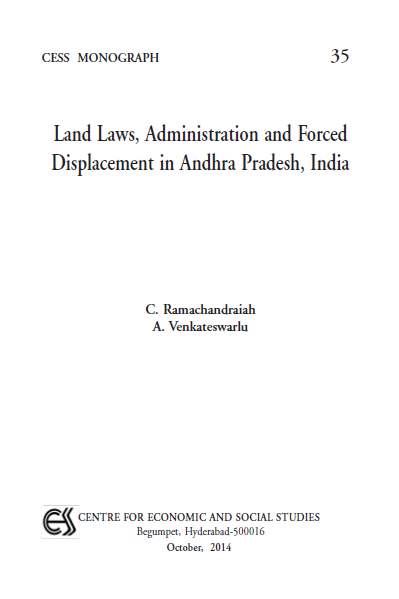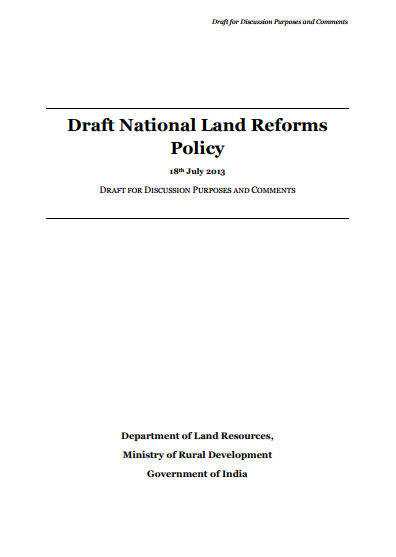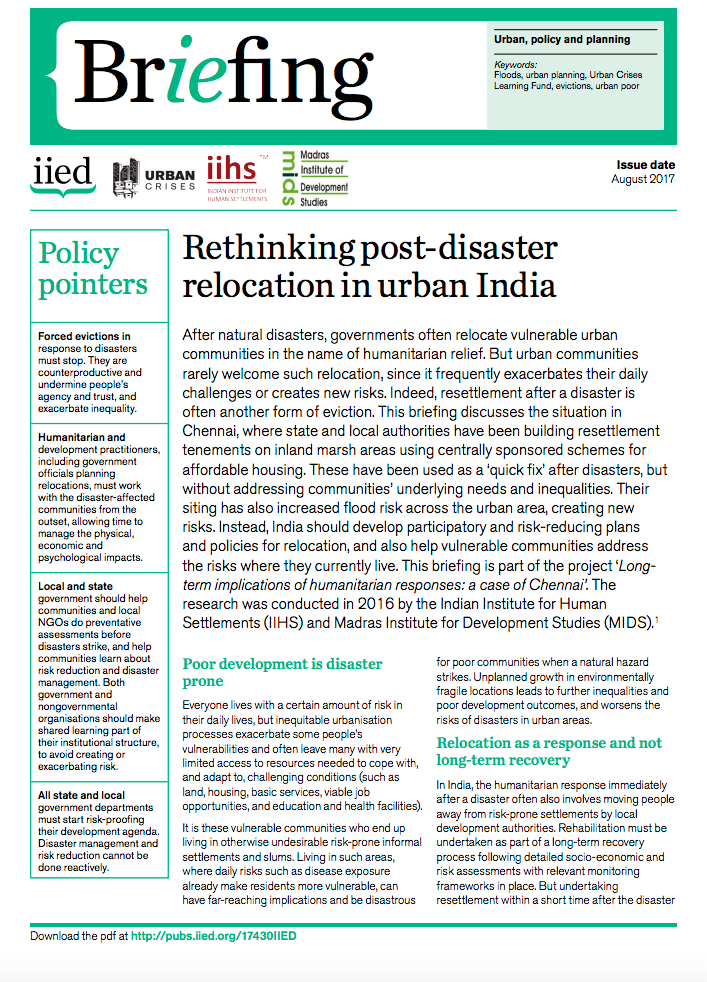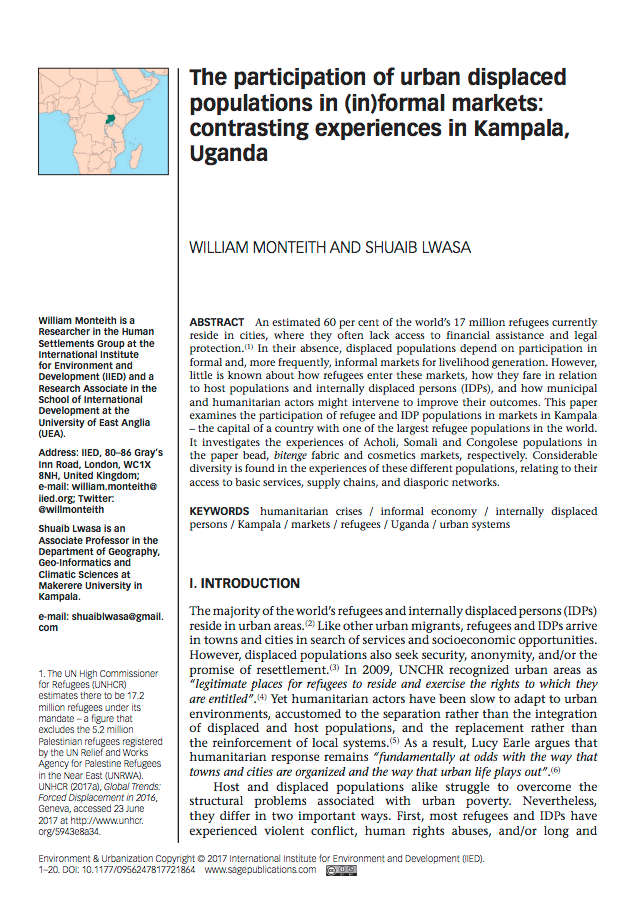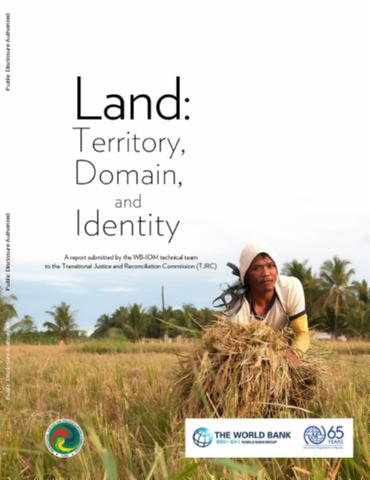Assessment of Land Governance System in Preventing State Land Conflicts in Zambia
The purpose of the research is to assess the land governance system in preventing state land conflicts in Zambia. In order to obtain insights about the actual realities on the ground, based on a case study strategy (i.e. Lusaka District has a study area), the research examined the present status of state land governance system, and investigated the efficiency of the present state land governance system in preventing state land conflicts.

